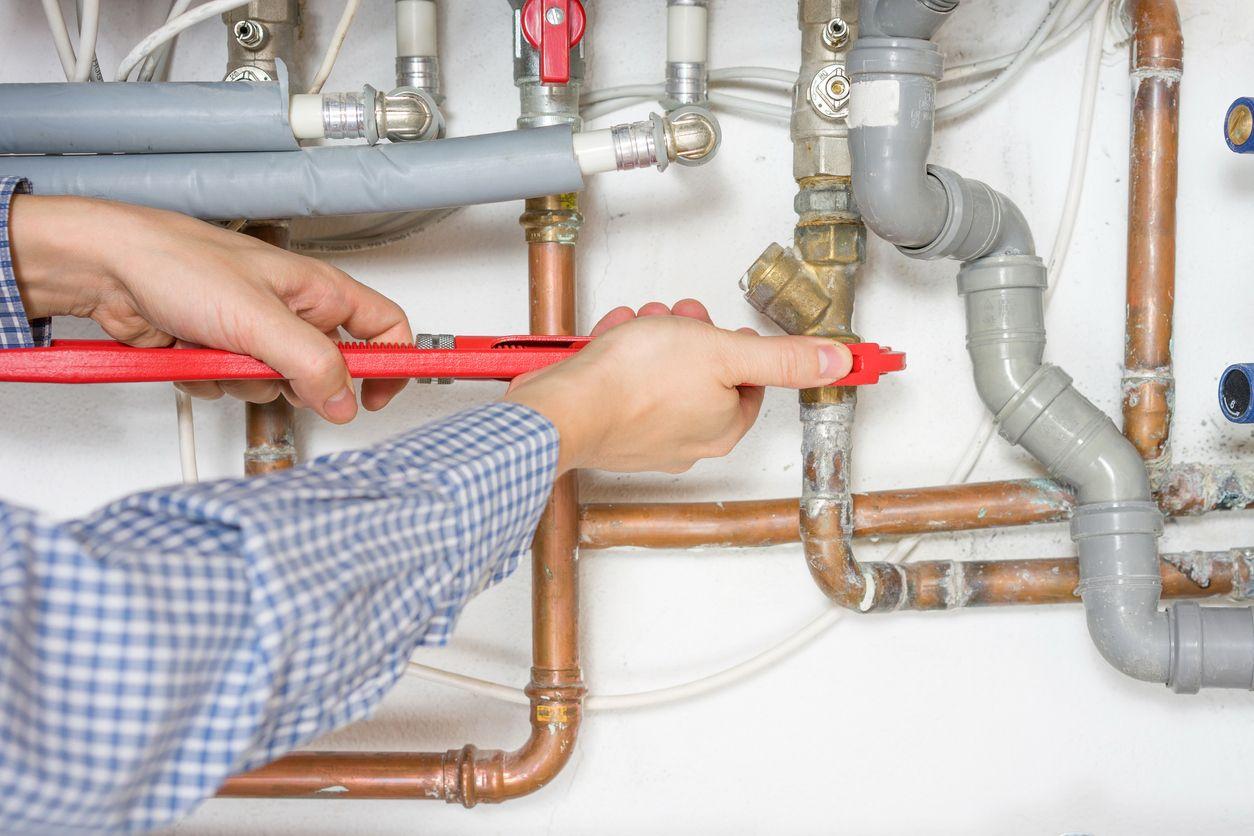Choosing Gas Plumbing Supplies vs. Electric for Your Water Heater Systems
When it comes to water heater systems, one of the crucial decisions homeowners and professionals face is whether to opt for electric or gas-powered systems. Both options have their unique advantages and disadvantages. Let’s get into the pros and cons of using electric versus gas plumbing supplies for your water heater system to help you evaluate which choice aligns best with your specific needs and preferences.
Electric for Water Heating
The Pros
- Installation Flexibility - Electric heating systems are relatively easy to install. They do not require a gas line, making them suitable for properties that lack natural gas connections. This installation flexibility can be a significant advantage in both new construction and renovation projects.
- Compact Design - Electric water heaters and pumps typically have a more compact design compared to their gas counterparts. This space-saving feature can be particularly beneficial for spaces with limited square footage.
- Precise Temperature Control - Electric heating offer precise temperature control, allowing users to set their desired water temperature more accurately. This is especially advantageous in applications where specific temperature requirements are critical, such as in healthcare facilities or laboratories.
- Safety - Electric systems have lower safety risks when it comes to gas leaks or carbon monoxide poisoning, which are potential hazards associated with gas-powered ones. This gives peace of mind, particularly in homes with children or elderly individuals.
The Cons
- Higher Operating Costs - While electric for heating is usually energy-efficient, they tend to have higher operating costs compared to gas systems in the long run. Electricity prices can vary significantly by region, and if your electricity rates are high, it could impact your monthly utility bills.
- Slower Heating: Electric water heaters may take longer to heat water compared to their gas counterparts. This delay can be frustrating, especially if you have a large household with multiple people needing hot water simultaneously.
- Limited Capacity: Electric water heaters often have lower capacity than gas heaters, which might not be sufficient for households with high hot water demands. This limitation could result in running out of hot water during peak usage times.
Using Gas for Water Heaters
The Pros
- Lower Operating Costs - Gas for heating is generally more cost-effective to operate compared to electric systems, especially in areas where natural gas prices are reasonable. They heat water faster, reducing the amount of energy required to maintain hot water supply.
- High Hot Water Capacity - Gas water heaters typically have larger tanks and a higher recovery rate, ensuring an ample supply of hot water, even in large households or commercial settings.
- Quick Heating - Gas heaters heat water quickly, providing almost instant hot water when needed. This is a significant advantage for those who value convenience and don't want to wait for hot water to be readily available.
- Longer Lifespan - Gas water heaters often have a longer lifespan compared to electric ones. With proper maintenance, they can last up to 10-15 years or more, providing a long-term solution.
The Cons
- Higher Installation Costs - Installing gas plumbing supplies can be more expensive initially, primarily due to the need for a gas line installation. This cost can deter some homeowners from choosing gas systems, especially in existing properties.
- Safety Concerns - Gas systems come with potential safety risks, including gas leaks and carbon monoxide emissions. It's crucial to install gas plumbing supplies correctly and maintain them regularly to mitigate these risks.
- Space Requirements - Gas water heaters tend to be larger and require more space than electric ones. This can be a drawback in homes with limited storage or utility room space.
- Environmental Impact - Natural gas is a fossil fuel, and its combustion contributes to greenhouse gas emissions. If you are environmentally conscious, this may be a significant concern when considering gas for your water heating needs.

Shop for High Quality Gas Plumbing Supplies Online at PlumbingSales.com.au
Choosing between electric and gas for your water heating system is a decision that should align with your specific needs and preferences. Each option has its own set of pros and cons, and what works best for one situation may not be ideal for another. Consider factors such as your budget, energy costs in your area, hot water demand, and safety concerns when making your decision.
PlumbingSales.com.au offers a wide range of products for a seamless shopping experience to both homeowners and professionals. Whether you're seeking energy-efficient electric solutions or gas plumbing supplies, PlumbingSales.com.au provides a seamless online shopping experience, ensuring that your plumbing needs are met with efficiency and excellence. Visit PlumbingSales.com.au today and experience the convenience of sourcing top-notch gas plumbing supplies from the comfort of your home or business.


